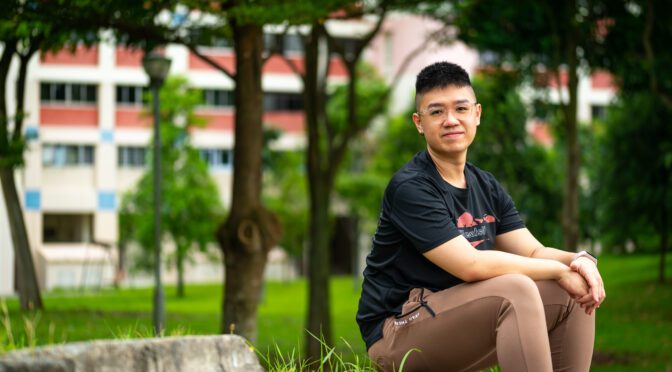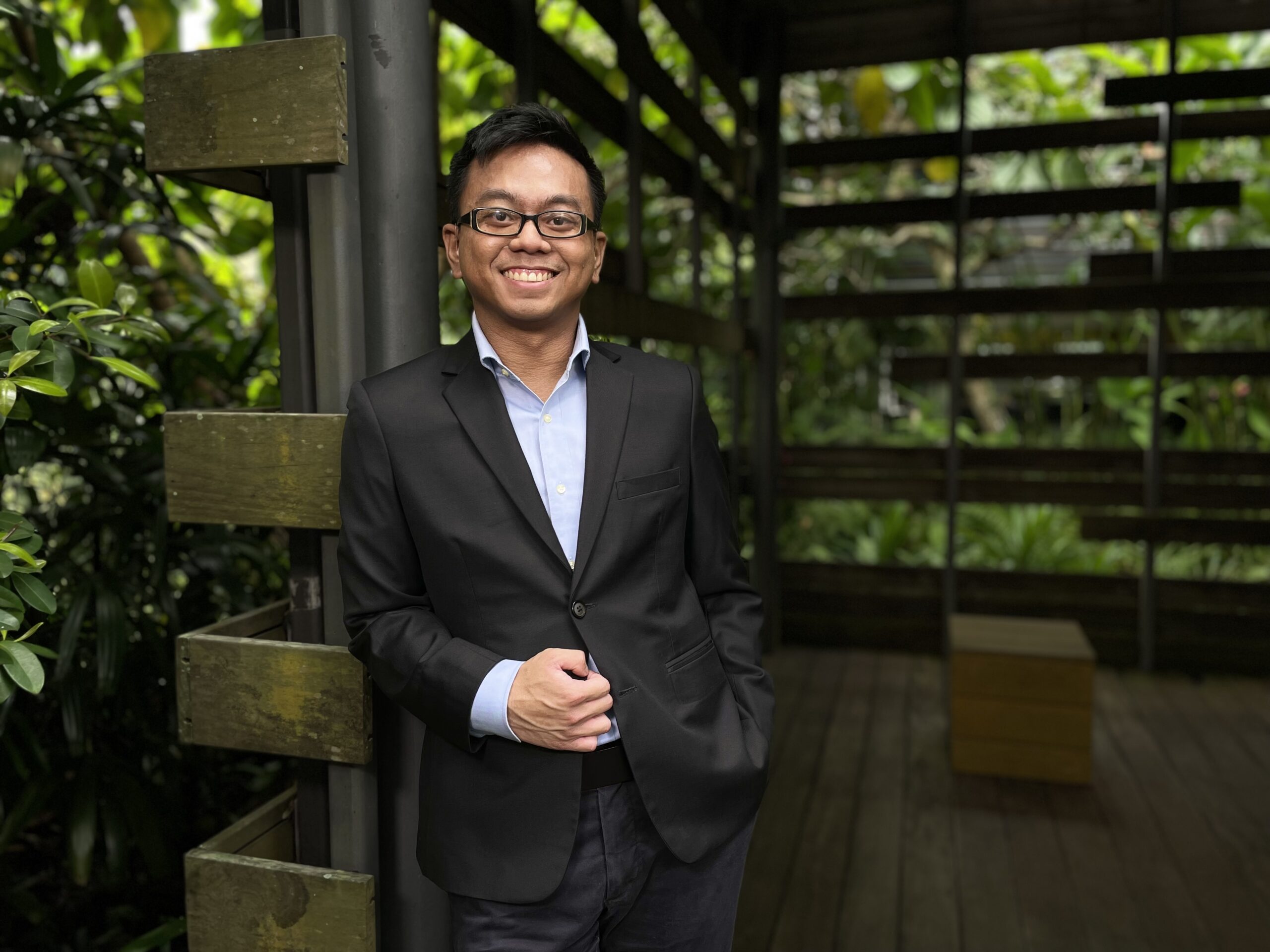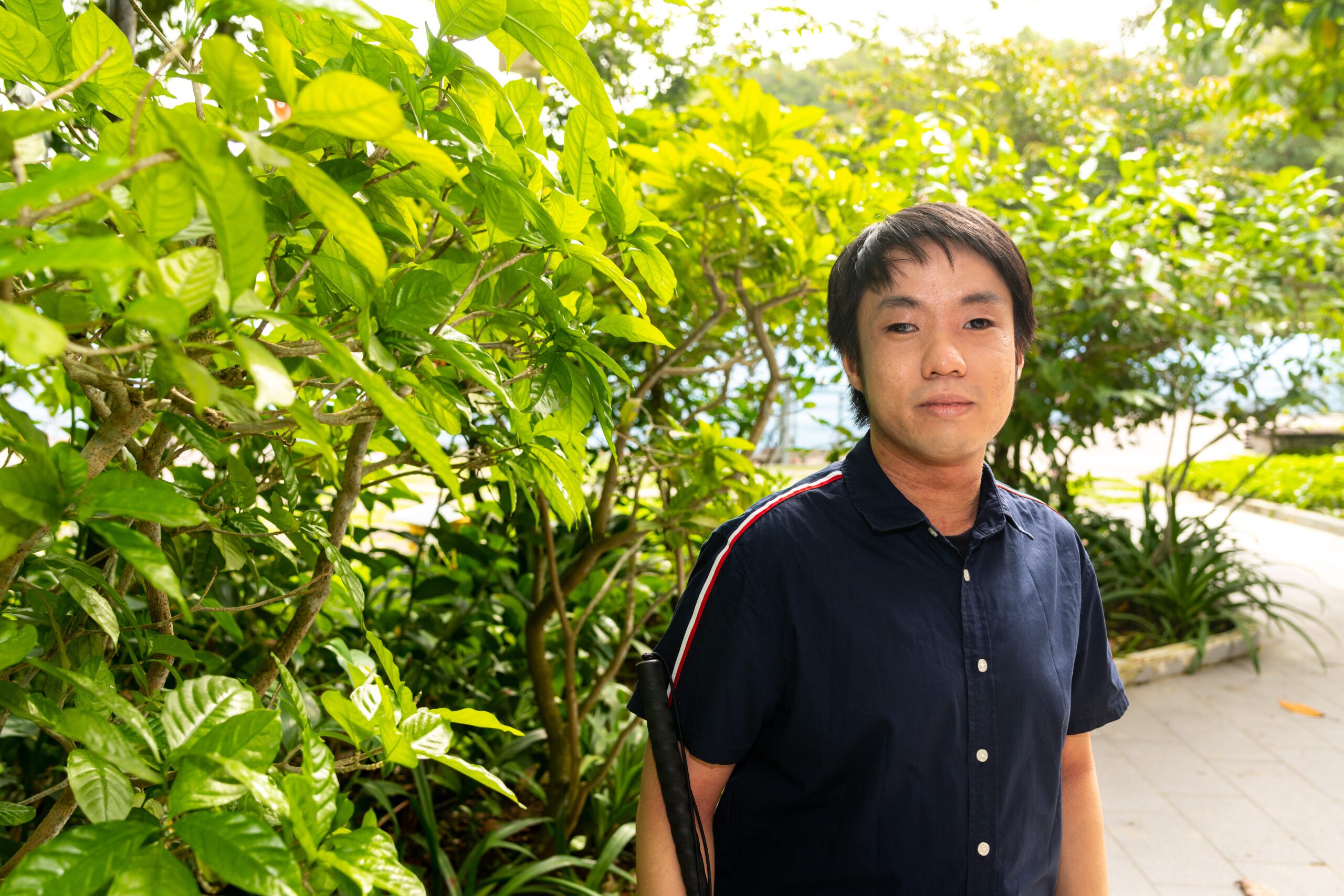When my vision began to fail, I had to give up my pastime of playing video games. I was once a Team Fortress 2 player with passable skills. Now my aim was so unbearably bad, I’d be killed twenty times before I could ever hit another player and inflict any damage. I began to take refuge in the trading aspect of the game. Much like the story of the man who traded a pen up to eventually owning a house, the cosmetic items in Team Fortress 2 could be traded between users, from lowly scrap metal to prized, highly valued items like the Earbuds, or “buds”. One time, a player made me an offer I thought was incredible — a seasonal Halloween item that was worth 2.1 buds for my unusual hat that had purple confetti floating around it. After I looked up the value of the Halloween item, I thought the offer too good to be true, but the player was impatient and wanted to deal quickly. So, I accepted the offer. Minutes later, I had a gut feeling that something wasn’t quite right. Squinting my eyes to double check the market value of the item I had just traded, I realised I had made a terrible mistake. The Halloween item wasn’t worth 2.1 buds. It was an item of considerably lower value, worth only twenty keys! That was the very moment I fully realised the severity of my vision loss. I was so sore about this foolish mistake that I eventually gave away my entire inventory to my friend as a birthday gift. He was of course excited to get to use all the virtual swag. I was just relieved I no longer had to be reminded of my mistake, which stemmed from my failing eyesight.
After putting the O-Level examinations behind me, it was time for my fateful surgery. During the pre-op consultation, my doctor and I held converse about my future. She knew I was struggling in school, and that I didn’t have the best of grades. That’s true: I didn’t exactly apply myself. I just felt purposeless: the academic system that we have to go through during our formative years did not sit right with me. It didn’t play to my strengths or interests. Every examination was about regurgitating what I had memorised. All that was expected of me was to score well enough, so I could go to a good school. There was little real-world influence and impact. That was why I enjoyed trading in Team Fortress 2. It was about packaging items I had in a way that was attractive to other traders. And if I consistently made intelligent trades, the value of my inventory would grow and I could work my way up the ladder.
But my success in trading items in a virtual world wasn’t translating to success in the real world. My future was not exactly bright with many options. My doctor told me that tertiary education was probably out of the question and that I should consider vocational training. Yes, I was to be an archetype of a blind person who makes a living by being a massage therapist. It wasn’t a demeaning jibe on her part, but a sobering truth: fewer than twenty blind people in Singapore have a bachelor’s degree to my knowledge. The majority of blind people will not make it past secondary school; even advancing to a polytechnic is quite unheard of. Being a masseur is how many blind people become meaningfully employed. I guess maybe it’s because we cannot see, and hence cannot make superficial judgements about our clients’ bodies? I think also it takes advantage of our sensitivity to touch. Don’t get me wrong: it is not that this job is beneath me. But it doesn’t require a high level of education. It’s also easy for unscrupulous business owners to take advantage of their blind employees by underpaying them.
December of my graduation year eventually came, and there I was, fresh off completing a major milestone in my educational journey, being wheeled off to surgery, whereas my peers were off on their holidays, celebrating their newfound freedom. Instead of dropping dead from excessive gaming or merrymaking, I was to go under the knife, and to spend the next few weeks recuperating.
The point of no return
This surgery brought my count up to eleven. Even though it was not its purpose, I found that it improved my vision for a few weeks. It was as if the frosted-glass veil had been lifted: shapes of things seemed more vivid, and their colours more vibrant. But that joy was short-lived. At my next vision test, I struggled to read even the biggest letter on the eyechart. I knew since I had already done the test so many times that the huge black blob the nurse was pointing to was the letter ‘E’. But I just couldn’t make out the outline of the letter. I could have easily lied and pretended that everything was hunky dory. What good would that do, though? I remember laughing it off while in the clinic, as was my coping mechanism. It wasn’t as if this had come unexpectedly, like the onset of a stroke or a heart attack. As I made my way home and sat in front of a computer monitor that I could barely see, the brave front I put on melted away. The reality hit me coldly like a tidal wave: I had lost my eyesight. Permanently. Any scant hope I had of preserving my vision vanished. Just a few weeks prior I could see the letters on the chart with relative ease, but now I couldn’t. I would never get to see and appreciate the beauty of the world ever again, not the flowers or the clouds. I wouldn’t be able to take photographs again and capture memories, a responsibility that I relished as the school photographer. I would no longer be able to draw. I realised I had taken for granted my gift of sight. Suddenly, it wasn’t so funny. It was cruel.


